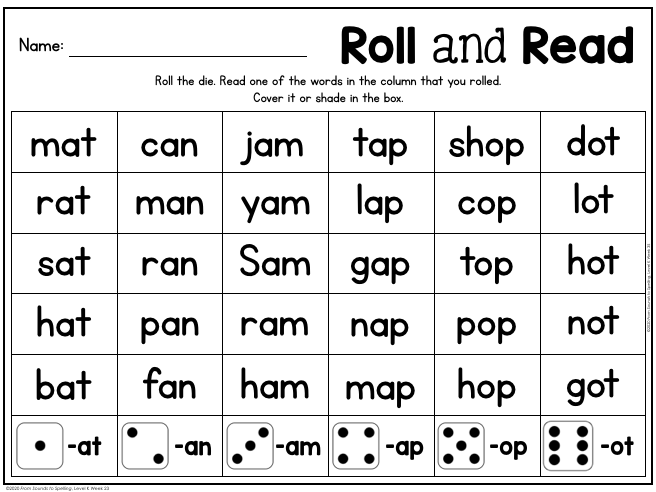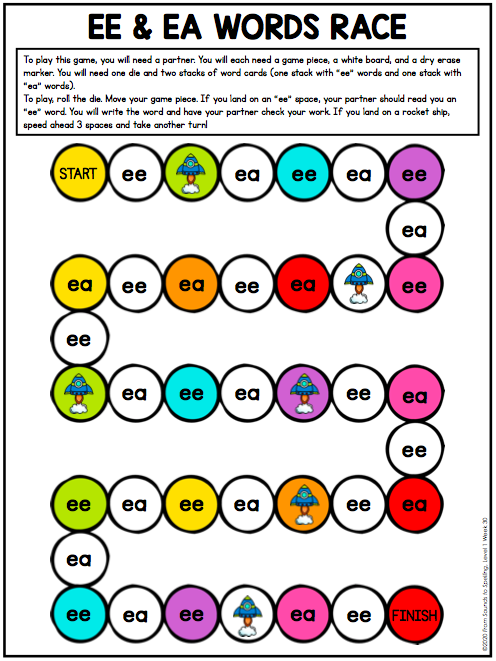
What To Look for When Choosing Phonics Games for Kindergarten, First Grade, and Second Grade Students
If you do a quick internet search for "phonics games," a multitude of items will pop up.
It's wonderful that we live in an age where so many resources are available at our fingertips - but at the same time, it can be challenging to determine which resources are best.
In this article, we'll explore different types of phonics games and how to choose the best ones.
Choosing Skills for Phonics Games
When you're selecting phonics games, you'll want to find games that match the skills that students are currently practicing, as well as ones they have previously practiced.
When they practice skills they are currently working on, this reinforces their learning. (You'll just want to make sure that students have had a lesson on any skills covered in the games.)
When students practice skills that they've previously been working on, this is also highly beneficial. It's common for students to forget phonics patterns and words that they've already learned, so frequent review is essential.
Choosing Types of Phonics Games
Typically, phonics games fall into one or both of the following categories:
- Decoding games
- Encoding games
Decoding games have students reading words. Here are a few examples from the From Sounds to Spelling phonics program:


Encoding games, on the other hand, have students writing words. (Most encoding games also require some amount of decoding, like this example from From Sounds to Spelling):

(In this game above, students would also need word cards - they take turns reading words to each other and spelling them on whiteboards.)
We want students to play a mix of decoding and encoding games. Typically, it's best to use more encoding than decoding activities (since many encoding activities also require decoding, and encoding tends to be more challenging for students).
Many phonics programs include very few games for students to play, but From Sounds to Spelling is different. We believe that teachers need a phonics program that's a "one stop shop," and that they shouldn't spend hours searching for materials like games to supplement their curriculum.
Read more about From Sounds to Spelling here.
Last but not least, if you'd like some free phonics activities printables, grab some here!




